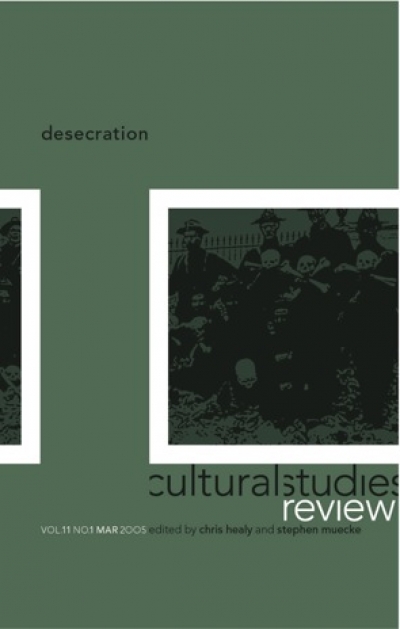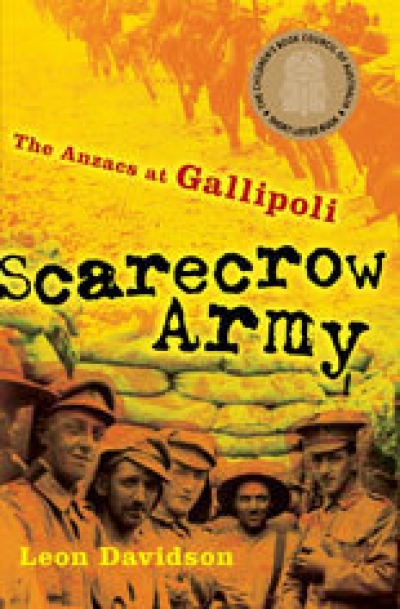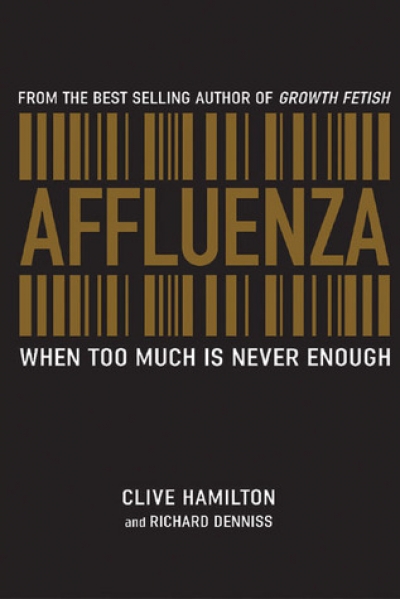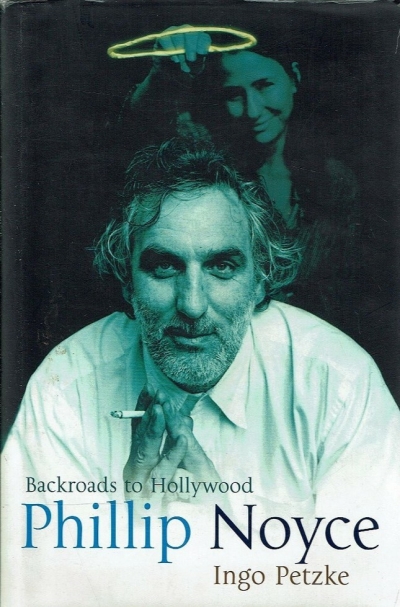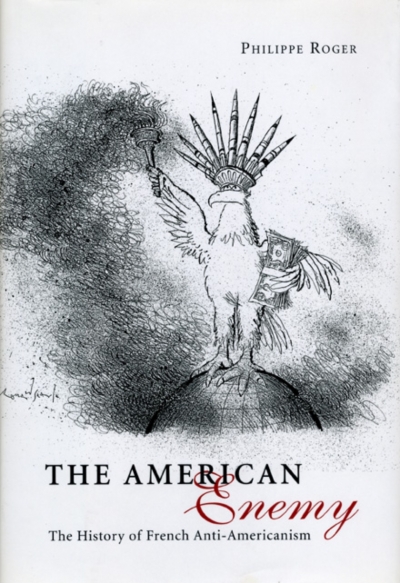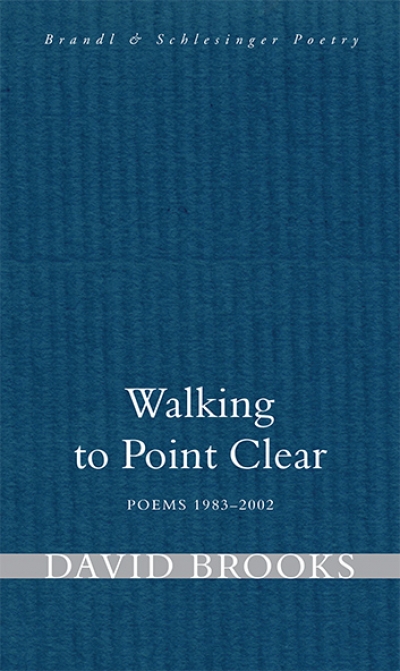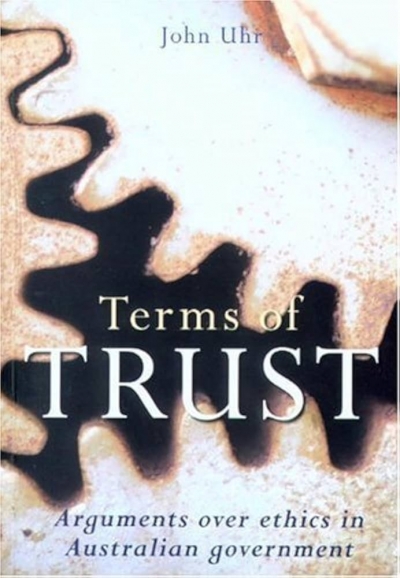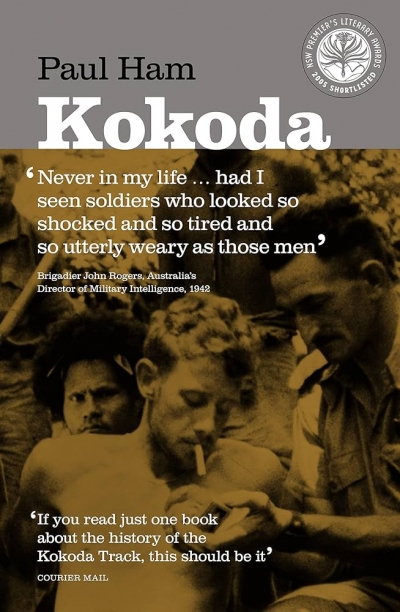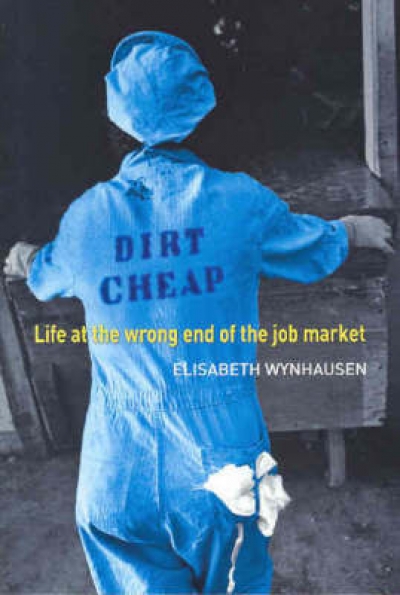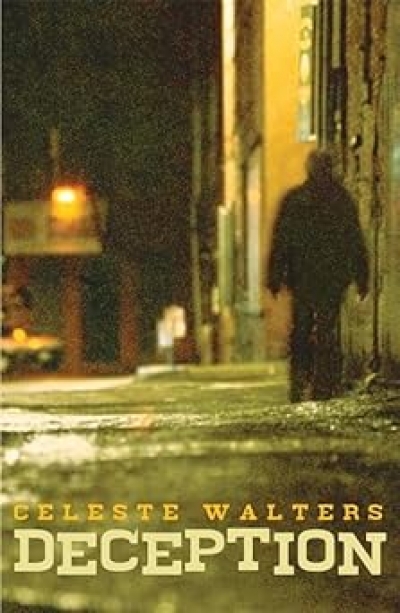Review
Cultural Studies Review edited by Chris Healy & Stephen Muecke & Australian Historical Studies edited by Joy Damousi
by Melinda Harvey •
Scarecrow Army by Leon Davidson & Animal Heroes by Anthony Hill
by Margaret MacNabb •
Affluenza: When too much is never enough by Clive Hamilton and Richard Denniss
by Amanda McLeod •
The American Enemy: The history of French anti-Americanism by Philippe Roger
by Colin Nettelbeck •
Dirt Cheap: Life at the wrong end of the job market by Elisabeth Wynhausen
by Mark Peel •

